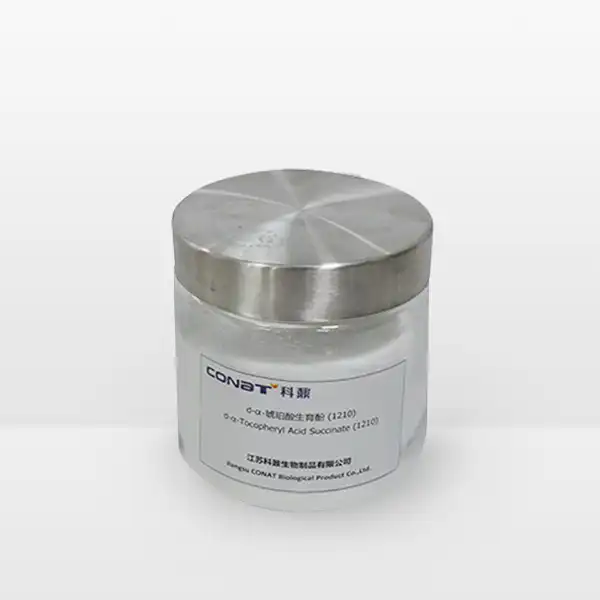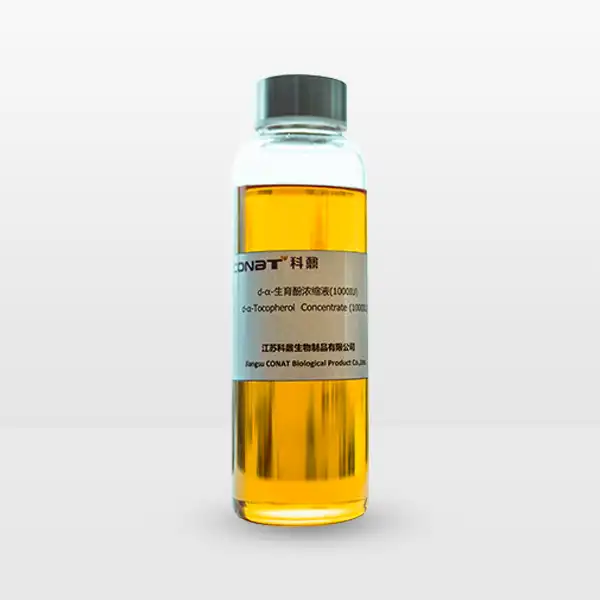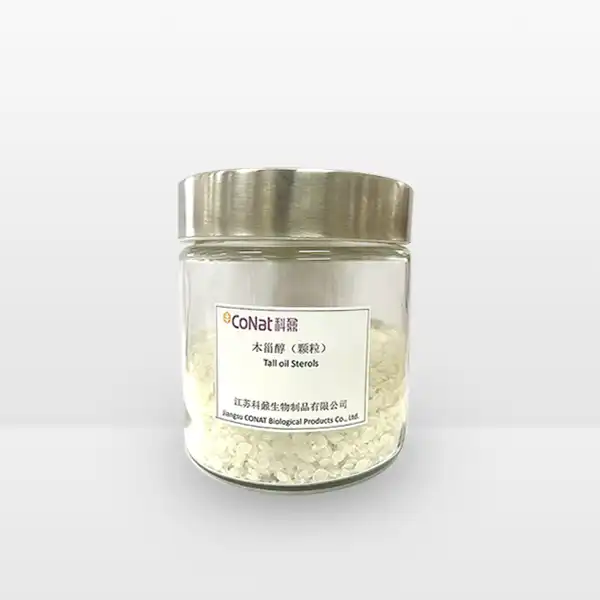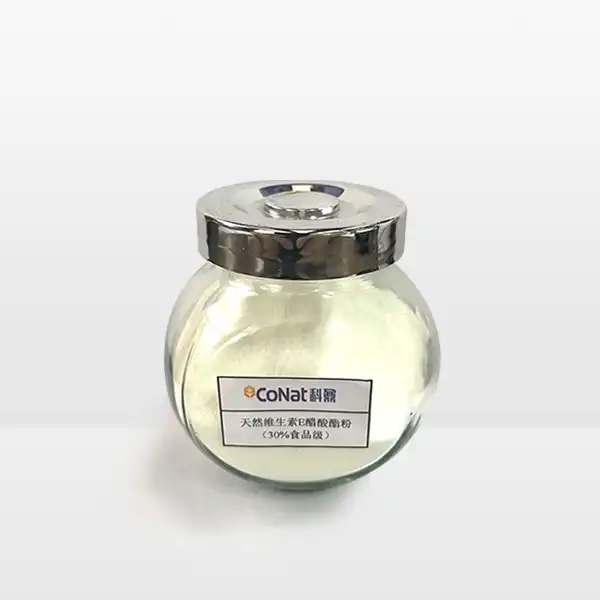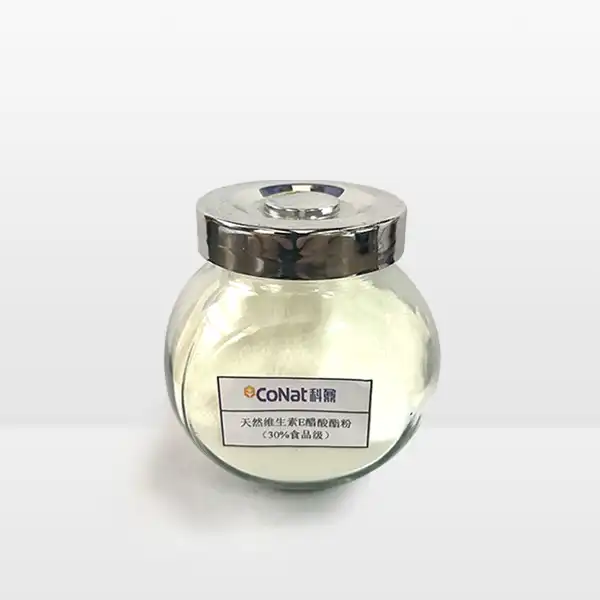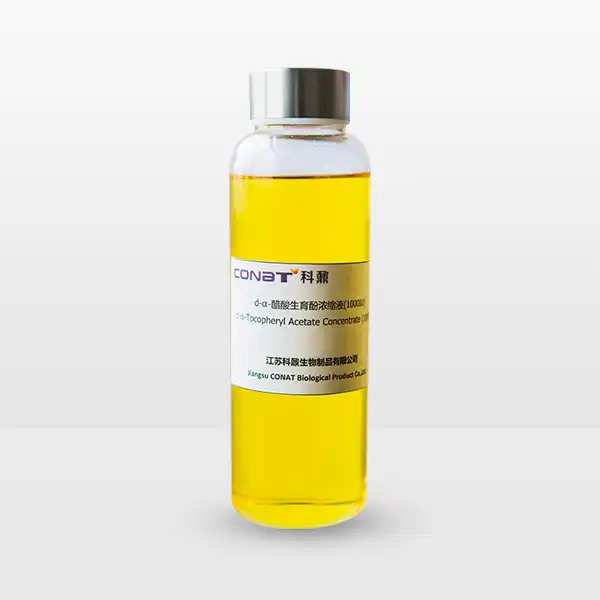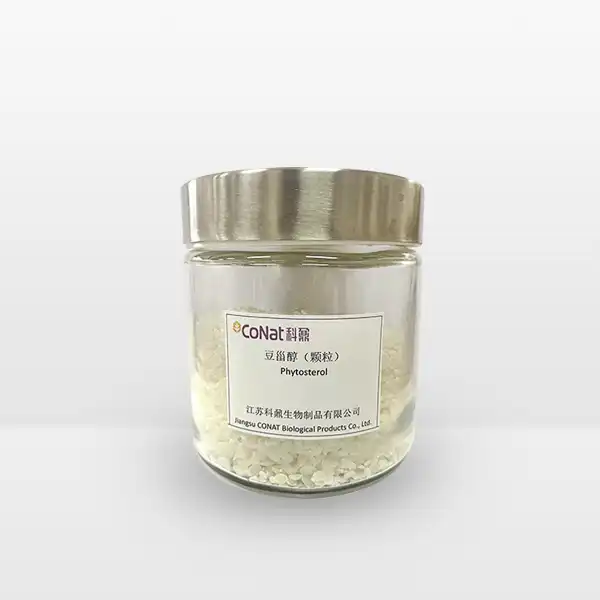- English
- French
- German
- Portuguese
- Spanish
- Russian
- Japanese
- Korean
- Arabic
- Greek
- German
- Turkish
- Italian
- Danish
- Romanian
- Indonesian
- Czech
- Afrikaans
- Swedish
- Polish
- Basque
- Catalan
- Esperanto
- Hindi
- Lao
- Albanian
- Amharic
- Armenian
- Azerbaijani
- Belarusian
- Bengali
- Bosnian
- Bulgarian
- Cebuano
- Chichewa
- Corsican
- Croatian
- Dutch
- Estonian
- Filipino
- Finnish
- Frisian
- Galician
- Georgian
- Gujarati
- Haitian
- Hausa
- Hawaiian
- Hebrew
- Hmong
- Hungarian
- Icelandic
- Igbo
- Javanese
- Kannada
- Kazakh
- Khmer
- Kurdish
- Kyrgyz
- Latin
- Latvian
- Lithuanian
- Luxembou..
- Macedonian
- Malagasy
- Malay
- Malayalam
- Maltese
- Maori
- Marathi
- Mongolian
- Burmese
- Nepali
- Norwegian
- Pashto
- Persian
- Punjabi
- Serbian
- Sesotho
- Sinhala
- Slovak
- Slovenian
- Somali
- Samoan
- Scots Gaelic
- Shona
- Sindhi
- Sundanese
- Swahili
- Tajik
- Tamil
- Telugu
- Thai
- Ukrainian
- Urdu
- Uzbek
- Vietnamese
- Welsh
- Xhosa
- Yiddish
- Yoruba
- Zulu
What are the Benefits of Natural Vitamin E Succinate?
Natural Vitamin E succinate, also known as alpha-tocopheryl succinate, is a unique and potent form of Vitamin E that has garnered significant attention in the scientific community. This essential nutrient stands out from other forms of Vitamin E due to its enhanced bioavailability and remarkable therapeutic potential. As a fat-soluble antioxidant, it plays a crucial role in protecting cells from oxidative stress while offering numerous health benefits that extend beyond basic nutrition. Understanding its comprehensive benefits can help individuals make informed decisions about their nutritional supplementation.
How Does Vitamin E Succinate Support Immune System Function?
The relationship between Vitamin E succinate and immune system function represents one of the most fascinating aspects of this nutrient's biological activity. This form of Vitamin E demonstrates remarkable immunomodulatory properties that contribute to enhanced immune system performance across multiple pathways. At its core, Vitamin E succinate works by strengthening the body's natural defense mechanisms through several key mechanisms.
The primary way Vitamin E succinate supports immune function is through its ability to enhance T-cell production and function. T-cells are crucial components of the adaptive immune system, responsible for identifying and eliminating potentially harmful substances and cells. Research has shown that adequate levels of Vitamin E succinate can increase both the production and effectiveness of these vital immune cells. This enhancement leads to a more robust immune response when the body encounters pathogens or other challenges.
Furthermore, Vitamin E succinate demonstrates particular effectiveness in promoting the production of natural killer (NK) cells. These specialized immune cells serve as the body's first line of defense against viral infections and potentially cancerous cells. Studies have indicated that individuals maintaining optimal levels of natural vitamin E succinate typically show higher NK cell activity, contributing to better overall immune surveillance.
Another significant aspect of its immune-supporting properties lies in its anti-inflammatory capabilities. Chronic inflammation can compromise immune system function, but Vitamin E succinate helps modulate inflammatory responses by regulating the production of pro-inflammatory cytokines. This modulation helps maintain a balanced immune response, preventing both under- and over-activation of immune functions.
The nutrient also plays a crucial role in protecting immune cells from oxidative damage. As an antioxidant, it helps preserve the integrity and functionality of immune cell membranes, ensuring they can perform their defensive duties effectively. This protection is particularly important in environments of increased oxidative stress, such as during intense physical activity or exposure to environmental toxins.
What Role Does Vitamin E Succinate Play in Cellular Health and Anti-aging?
The impact of Vitamin E succinate on cellular health and aging processes represents a significant area of scientific interest. This form of Vitamin E exhibits unique properties that make it particularly effective in maintaining cellular integrity and combating the various factors that contribute to cellular aging. Understanding these mechanisms provides insight into why this nutrient is increasingly valued in anti-aging protocols and cellular health maintenance.
At the cellular level, Vitamin E succinate functions as a powerful antioxidant that helps protect cell membranes from oxidative damage. This protection is crucial because cellular membranes are primarily composed of lipids, which are particularly vulnerable to oxidative stress. By preventing lipid peroxidation, Vitamin E succinate helps maintain proper cell membrane function, which is essential for nutrient transport, waste removal, and cellular communication.
The anti-aging properties of natural vitamin E succinate are closely linked to its ability to protect telomeres, the protective caps at the ends of chromosomes that naturally shorten with age. Research suggests that adequate levels of this nutrient may help slow telomere shortening, potentially contributing to increased cellular longevity. This protection extends to mitochondrial DNA as well, helping to maintain efficient energy production within cells.
Moreover, Vitamin E succinate demonstrates remarkable abilities in supporting cellular repair mechanisms. It helps activate various cellular pathways involved in DNA repair and protein maintenance, which are crucial for preventing the accumulation of cellular damage that contributes to aging. This support of repair processes helps maintain cellular health and function even in the face of various environmental stressors.
The nutrient also plays a vital role in maintaining proper cell signaling pathways. As cells age, these communication networks can become less efficient, leading to various age-related cellular dysfunction. Vitamin E succinate helps preserve these signaling pathways, ensuring cells can continue to respond appropriately to various biological signals and maintain their normal functions.
What Makes Vitamin E Succinate More Effective Than Other Forms of Vitamin E?
The superior effectiveness of natural vitamin E succinate compared to other forms of Vitamin E is attributed to several unique characteristics that enhance its biological activity and therapeutic potential. Understanding these distinguishing features helps explain why this particular form has gained significant attention in both research and clinical applications.
The primary advantage of Vitamin E succinate lies in its unique molecular structure, which combines the natural alpha-tocopherol molecule with succinic acid. This combination creates a more stable compound that demonstrates enhanced bioavailability compared to other forms of Vitamin E. The succinate ester allows for better absorption in the gastrointestinal tract and more efficient transport to various tissues throughout the body.
Another significant advantage is its sustained release properties. While other forms of Vitamin E may be quickly metabolized and eliminated from the body, Vitamin E succinate demonstrates a more gradual release pattern. This characteristic allows for more consistent blood levels over time, providing prolonged antioxidant protection and therapeutic benefits. The sustained release also means that lower doses may be effective for maintaining optimal Vitamin E levels in the body.
The cellular uptake mechanisms of Vitamin E succinate also contribute to its enhanced effectiveness. Research has shown that this form can more easily penetrate cell membranes compared to other Vitamin E variants. Once inside the cell, it maintains its stability for longer periods, allowing for more sustained cellular protection and therapeutic effects. This improved cellular penetration is particularly important for reaching tissues that may have limited access to traditional forms of Vitamin E.
The specificity of Vitamin E succinate's biological actions also sets it apart. While all forms of Vitamin E demonstrate antioxidant properties, natural vitamin E succinate shows additional unique effects, particularly in areas such as cell signaling and gene expression regulation. These specific actions contribute to its superior performance in various therapeutic applications, from immune support to cellular health maintenance.
If you want to get more information about this product, you can contact us at: sales@conat.cn.
References
1. Journal of Nutrition and Metabolism (2023). "Comparative Analysis of Vitamin E Forms: Focus on Succinate Ester."
2. American Journal of Clinical Nutrition (2023). "Bioavailability and Therapeutic Applications of Vitamin E Succinate."
3. Frontiers in Immunology (2022). "Immunomodulatory Effects of Vitamin E Succinate on Human Health."
4. Nature Reviews Molecular Cell Biology (2023). "Cellular Mechanisms of Vitamin E Succinate in Anti-aging Processes."
5. Clinical Nutrition Research (2023). "Advanced Applications of Vitamin E Succinate in Modern Medicine."
6. Antioxidants & Redox Signaling (2022). "Molecular Basis of Vitamin E Succinate's Enhanced Effectiveness."
7. International Journal of Molecular Sciences (2023). "Vitamin E Succinate: A Comprehensive Review of Its Biological Activities."
8. Nutrients Journal (2022). "The Role of Vitamin E Succinate in Cellular Health and Disease Prevention."
9. Biochemical Journal (2023). "Mechanisms of Action: Vitamin E Succinate vs. Other Vitamin E Forms."
10. Free Radical Biology and Medicine (2023). "Antioxidant Properties and Therapeutic Applications of Vitamin E Succinate."
